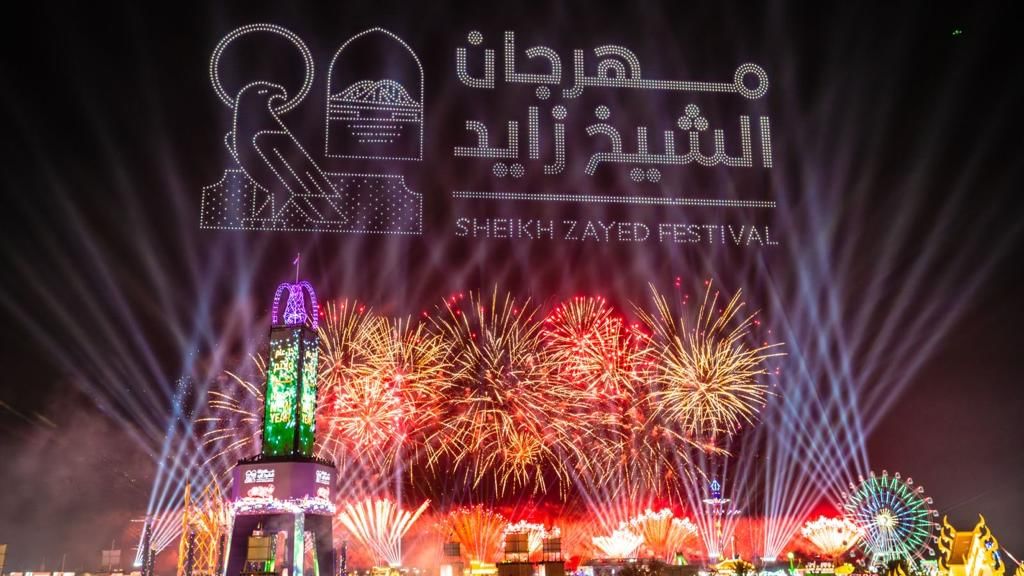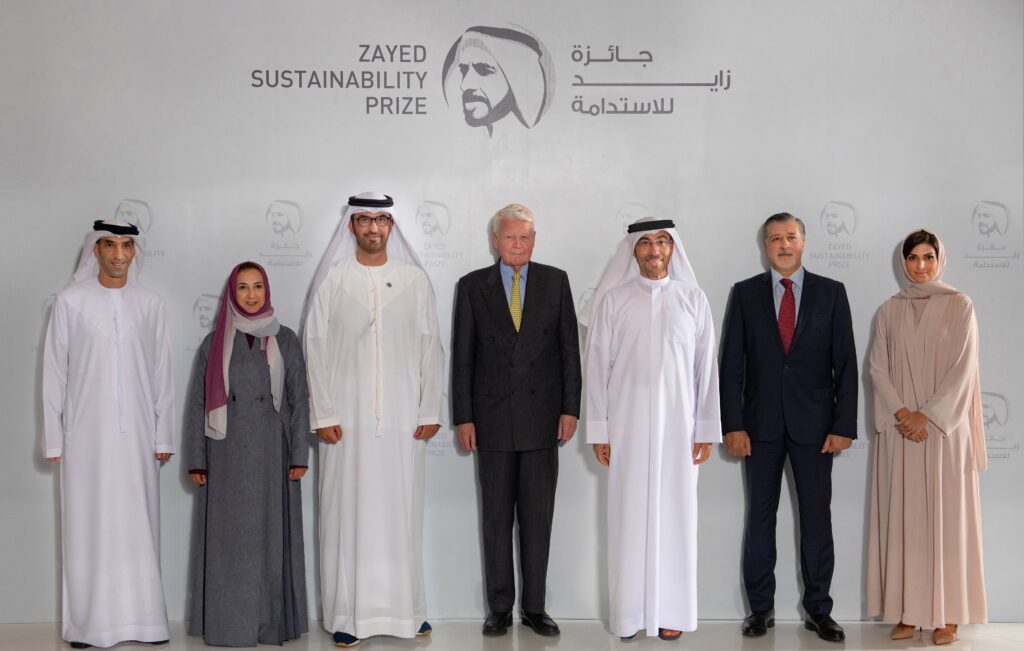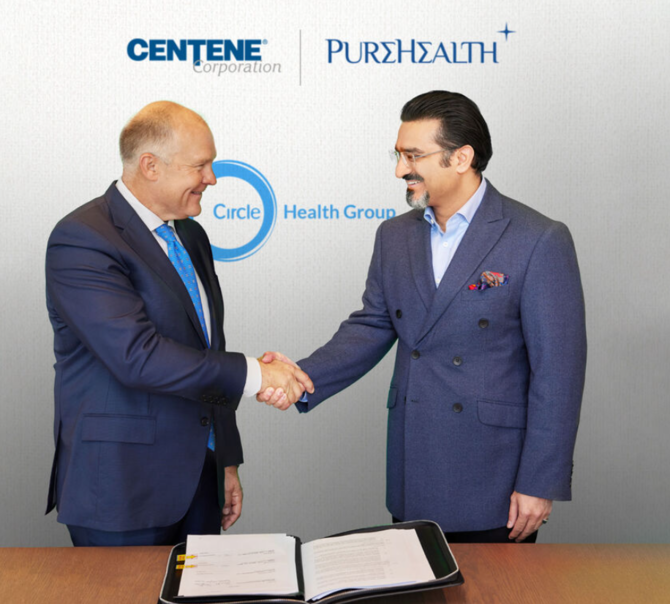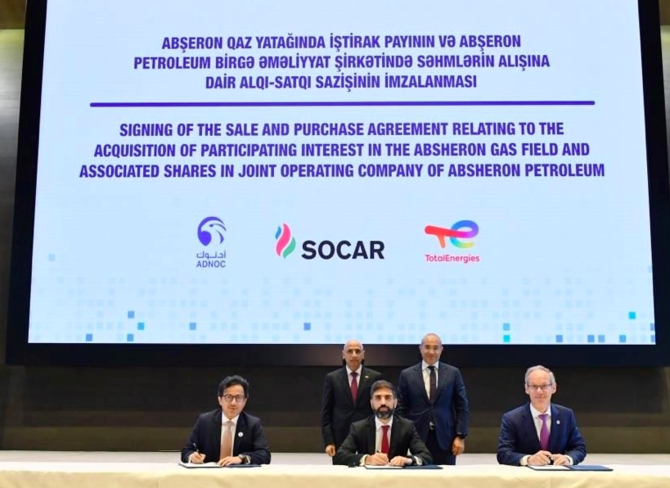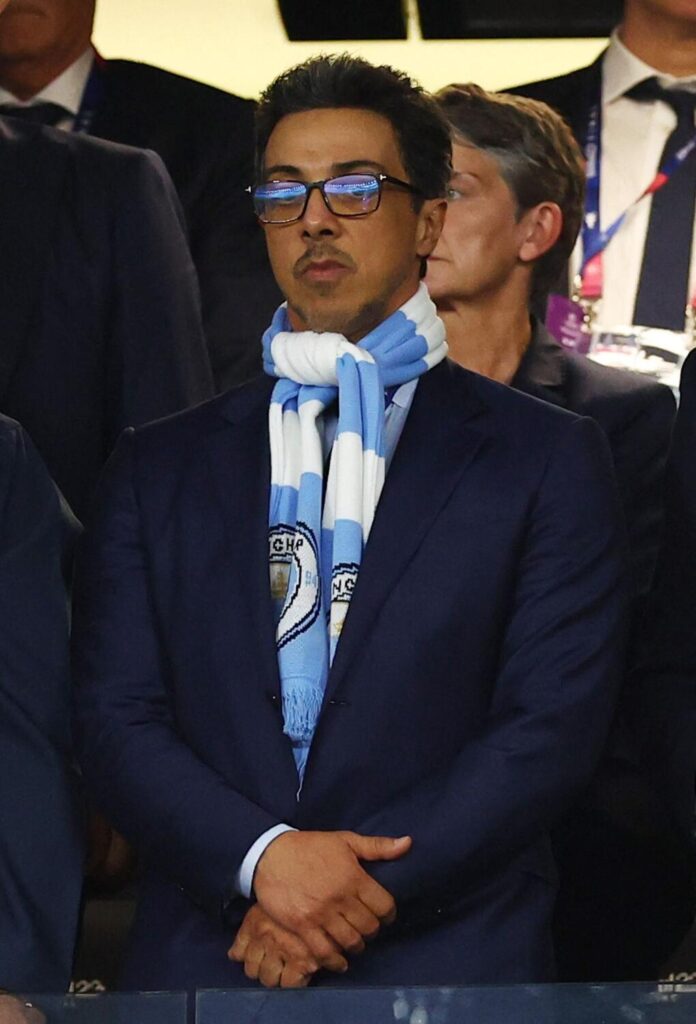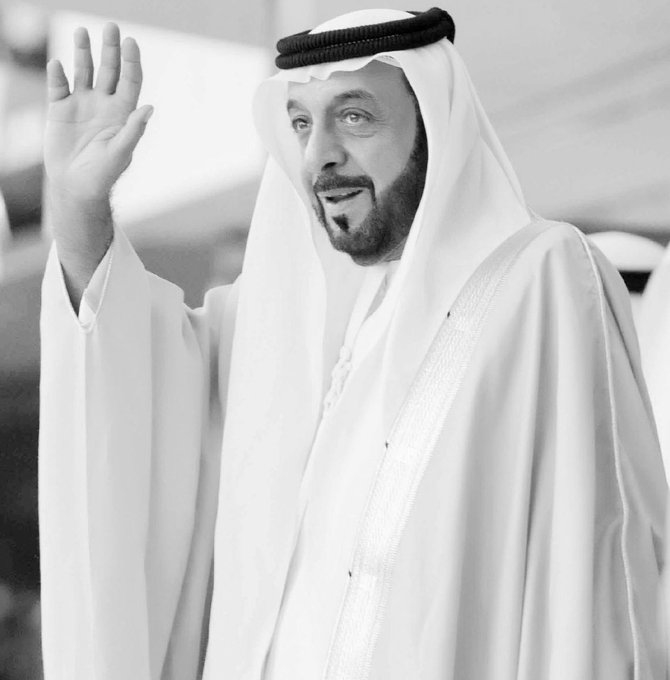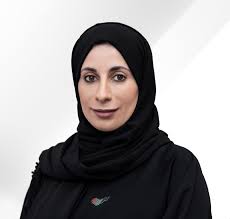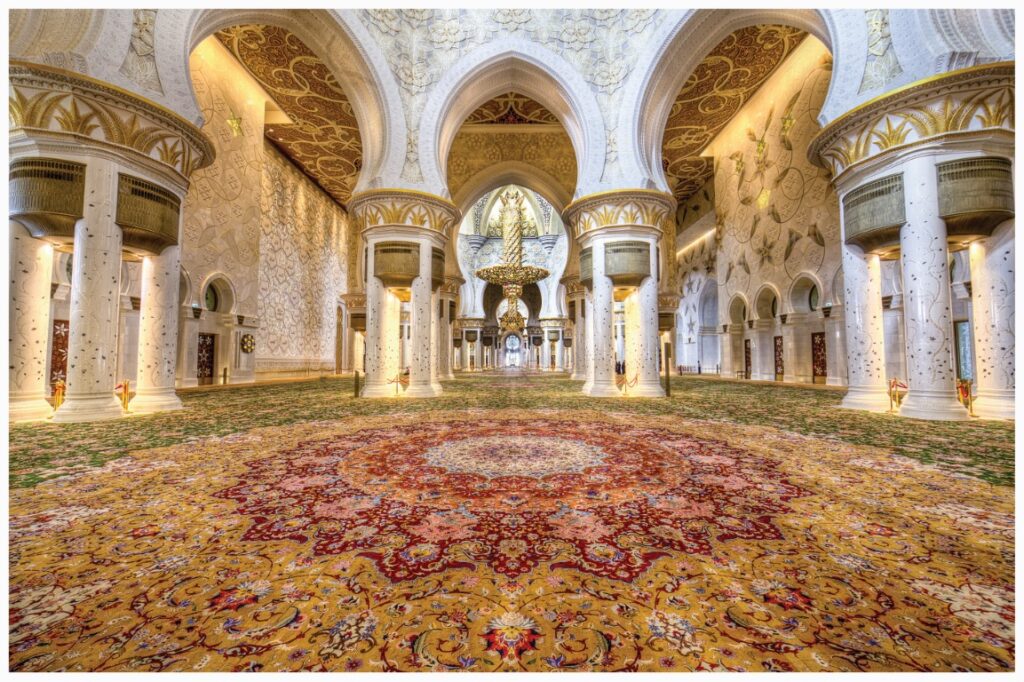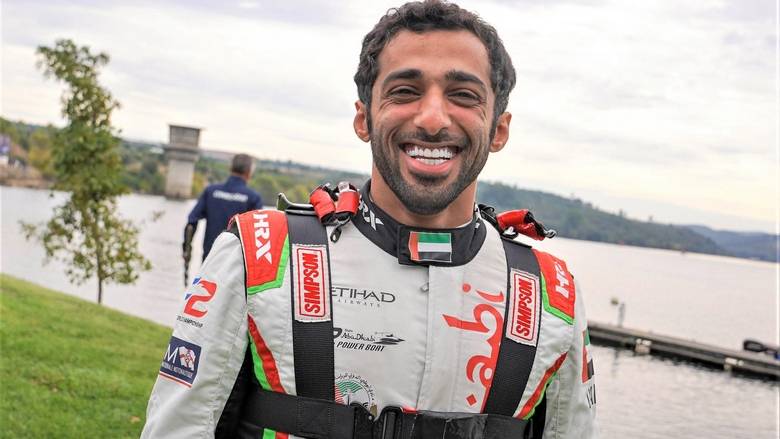AD Ports Group, and the General Authority for Suez Canal Economic Zone (SCZONE), the integrated investment destination for linking industry and global trade, today signed a 50-year renewable usufruct agreement, to develop and operate a 20 km2 industrial and logistics park near the Egyptian coastal city of Port Said on the Mediterranean Sea.
The East Port Said Industrial Zone provides an opportunity to turn a unique location on the Mediterranean Sea into a key hub for international trade and investments serving the East-West trade routes, right at the entrance of the Suez Canal.
The agreement to develop KEZAD East Port Said Industrial and Logistics Zone was signed in Cairo, and witnessed by Egyptian Prime Minister, Dr. Mostafa Madbouly, in the presence of Dr Sultan Al Jaber, Minister of Industry and Advanced Technology, Mohamed Hassan Alsuwaidi, UAE Minister of Investment, Lieutenant General Engineer Kamel Al Wazir, Deputy Prime Minister for Industrial Affairs Egyptian Minister of Industry and Transport, Mariam Al Kaabi, Ambassador of the UAE to Egypt, Captain Mohamed Juma Al Shamisi, Managing Director and Group CEO of AD Ports Group and Mr. Waleid Gamal El-Dien, Chairman of SCZONE.
The agreement was signed by Ahmed Al Mutawa, Regional CEO of AD Ports Group, and Admiral Mohamed Ahmed Mahmoud, Vice Chairman of SCZONE for the Northern area.
AD Ports Group will develop, construct, finance, operate, and manage the industrial and logistics zone in phases, with a focus on phase 1 to start with, an area covering a total of 2.8 km2. An estimated total investment of $120 million will be allocated to market and technical studies as well as to phase 1 development over the next three years. Construction on the initial 2.8 km2 Phase 1 is expected to start by the end of this year.
The development of Phase 1 will be anchored by key potential clients and partners, including one of the region’s foremost construction and development groups, Hassan Allam Holding.
Captain Mohamed Juma Al Shamisi, Managing Director and Group CEO, AD Ports Group, said: “KEZAD East Port Said is a milestone that highlights the strong economic relations between the UAE and Egypt. In line with the vision of our wise leadership, this strategic cooperation is another sign of our Group’s growing focus on Egypt, where we continue to enhance and develop our integrated trade, transport, and industrial ecosystem, offering clients unparalleled end-to-end solutions and services. This infrastructure investment will provide a long-term source of economic growth for Egypt, while enhancing the Suez Canal role in promoting and supporting the East-West trade corridor.”
Waleid Gamal El Dien, Chairman of the Suez Canal Economic Zone, said: “The launch of this project in the East Port Said Industrial Zone represents an important strategic step that reaffirms the depth of the strong fraternal relations and the growing strategic partnership between the Arab Republic of Egypt and the United Arab Emirates, as well as the prominent position held by SCZONE as a pivotal global trade hub for industrial and logistics activities. This project enhances SCZONE’s ongoing efforts to support global supply chains by providing a competitive and integrated investment environment, underpinned by advanced infrastructure, and a unique geographic location, connecting three continents via one of the world’s most vital maritime routes.”
Gamal El Dien added: “Over the past few years, the SCZONE has become a cornerstone for the investment expansion plans of many leading regional and international companies, thanks to its integrated model of combining industrial zones and affiliated seaports. Among these is the KEZAD East Port Said Industrial and Logistics Zone, which seamlessly connects with East Port Said Port, a key strategic location on the Mediterranean Sea. The port features deep berths for large vessels, efficient operations, and excellent connectivity to advanced road and transportation networks. The expertise of a global organisation such as AD Ports Group will help SCZONE achieve its goals.”
Ahmed Al Mutawa, Regional CEO of AD Ports Group, said: “KEZAD East Port Said is being built to attract investments, promote industrial and logistics growth, create jobs, increase exports, develop skills, and facilitate technological transfer. It will complement AD Ports Group’s growing business ecosystem in Egypt, and capitalise the natural assets of the Suez Canal area for Egypt, while supporting the country’s manufacturing sector, and increasing the ease of doing business in Egypt as a preferred gateway to global markets.”
Admiral Mohamed Ahmed Mahmoud, Vice Chairman of SCZONE for the Northern area, said: “We are working on developing an integrated model that combines industry, maritime transport, and logistics services within a flexible and investment-friendly regulatory environment. East Port Said Industrial Zone stands at the heart of this model due to its strategic location at the northern entrance of the Suez Canal and its direct connection to the modern East Port Said Port, a key hub in global trade, consistently ranked among the top international ports thanks to its operational readiness and advanced capabilities. Furthermore, the integration with West Port Said Port enhances its readiness to offer comprehensive and attractive logistical solutions for investors. Therefore, this project represents a qualitative leap in the development of the northern part of SCZONE, not only in terms of the scale of anticipated investments but also in the advanced industrial and logistical activities to be implemented.”
In addition, AD Ports Group and Hassan Allam Holding, which is one of the Group’s development partners in Egypt, signed a memorandum of understanding (MoU) to develop and invest in the industrial zone and explore other projects.
AD Ports Group in December 2024 appointed Hassan Allam Construction, the construction arm of Hassan Allam Holding and one of the premier engineering and construction companies in the region, to build AD Ports Group’s new multipurpose cargo terminal in Safaga, on Egypt’s Red Sea coast.
The Group in 2023 obtained a concession from Egypt’s Red Sea Ports Authority (RSPA) to build and operate the USD 200 million Safaga multipurpose terminal project, which will be the first internationally operated multipurpose cargo terminal in Upper Egypt.
Since 2022, AD Ports Group has invested significantly in Egypt, acquiring Transmar, a regional shipping company, TCI, a port operator and stevedoring company, and in 2024, Safina B.V., a provider of maritime agency and cargo services. AD Ports Group has also secured long-term concessions to develop and operate three cruise terminals at the Red Sea ports of Safaga, Hurghada, and Sharm El Sheikh. In addition, AD Ports Group has initialled agreements for the right to develop and operate a cruise terminal and a Ro-Ro terminal in Ain Sokhna.
The East Port Said project aligns with long-standing ties between the UAE and Egypt, and the objectives of leadership in both countries to support the commercial and industrial sectors and attract high-quality investments. This project also supports the global trend of establishing regional manufacturing centres, thus shortening and sustaining global supply chains, and enhancing connectivity with major global markets.
AD Ports Group is an integrated trade, transport, logistics, and economic zones group with a presence in more than 50 countries. Based in Abu Dhabi, the Group has a maritime fleet of 247 vessels, 34 terminals, in addition to an economic and industrial land bank of over 550 km2, the largest integrated trade, logistics, and industrial business grouping of its kind in the Middle East. Furthermore, SCZONE offers unique investment potential, making it one of the most prominent destinations on the global investment map. It is supported by a strategic geographical location, advanced infrastructure, and modern ports connected to fully integrated industrial zones. These include four industrial zones, East Port Said Industrial Zone, East Ismailia Industrial Zone, Qantara West Industrial Zone, and Sokhna Industrial Zone, which are seamlessly integrated with six seaports: East Port Said, West Port Said, Al-Arish, Sokhna, Adabiya, and Al-Tor, covering a total area of 455 square kilometers. Over the past 33 months, SCZONE has successfully attracted 274 investment projects from around the world, either through direct agreements with it or via industrial developers, with a total investment value of $8.3 billion. These projects span a wide range of sectors, reflecting strong global investor confidence in SCZONE’s viability as a strategic platform for industry, exports, and logistics services.
source/content: wam.ae (headline edited)
___________
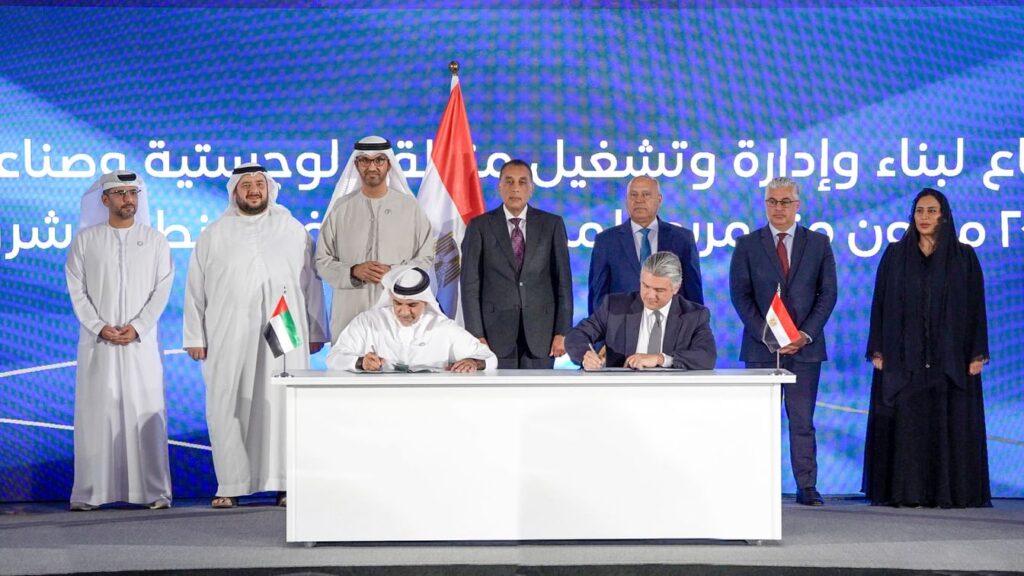
_______________________________
ABU DHABI (U.A.E) / EGYPT
